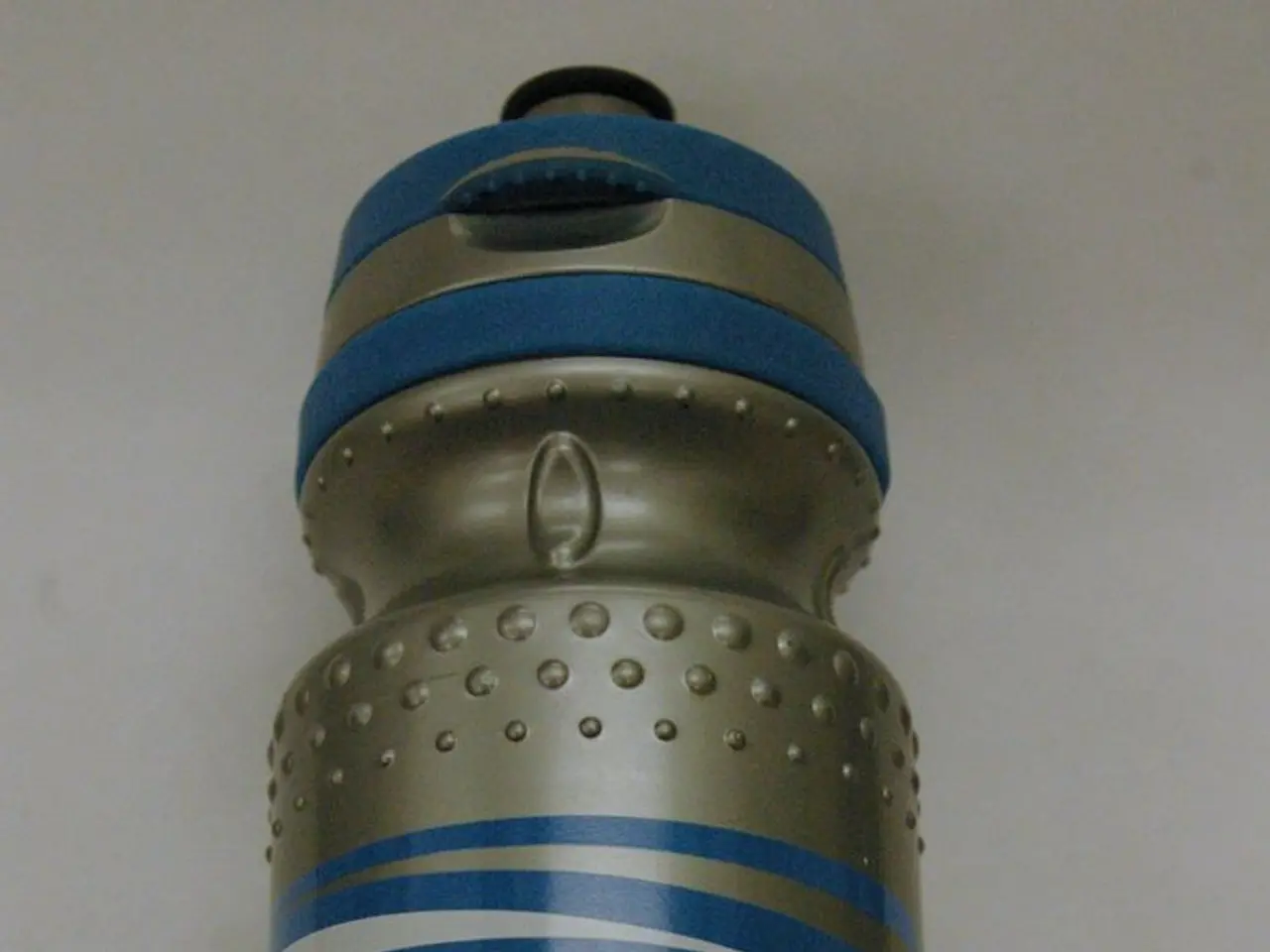Niemann-Pick Disorder: Causes, Symptoms, Treatment Options, and Further Insights
Niemann-Pick Disease: Understanding the Variations and Treatment Options
Niemann-Pick disease (NPD) is a rare genetic condition that affects the body's ability to break down fatty substances. The disease presents in several types, each with distinct symptoms, treatments, and life expectancies.
The most common types of NPD are NPA, NPB, and NPC, with the latter having two subtypes—NPC1 and NPC2.
NPA (Type A)
This form of the disease manifests early in infancy with rapid neurodegeneration, severe developmental delay, and organ enlargement. Unfortunately, there is no cure, and management is supportive. The life expectancy for NPA is usually fatal by age 3-4 years due to neurological decline.
NPB (Type B)
NPB primarily affects organs like the liver, spleen, and lungs, with minimal or no neurological symptoms. The life expectancy for NPB varies, with patients surviving into adulthood, albeit with some organ complications. The emergence of treatments such as enzyme replacement therapy, like Xenpozyme, can significantly extend life expectancy, potentially by 30 years in adults.
NPC (Type C1 and C2 subtypes)
NPC presents with progressive neurodegeneration, cerebellar ataxia, cognitive decline, vertical supranuclear gaze palsy, and sometimes liver disease. The FDA approved arimoclomol in 2024 for the treatment of NPC, shown to aid in reducing neurological decline. Additionally, N-Acetyl-Leucine is under clinical investigation for symptom relief in NPC and related disorders.
The symptoms of NPC can vary widely and may appear at any age. Despite being a life-threatening disorder, particularly for younger people, new treatments are improving outcomes for NPC patients.
NPA and NPB result from a deficiency in the enzyme acid sphingomyelinase (ASM), due to mutations in the SMPD1 gene. On the other hand, NPC is caused by mutations in the NPC1 gene (located on chromosome 18) or the NPC2 gene (located on chromosome 14).
Migulstat, an enzyme inhibitor, is a treatment for NPC to prevent the body from producing fatty substances like cholesterol.
In conclusion, NPD types vary widely: NPA is a severe infantile neurodegenerative form, NPB primarily causes organ enlargement with fewer neurological effects, and NPC causes progressive neurological decline, treatable with newly approved therapies. Early diagnosis and appropriate treatment can significantly improve the quality of life and life expectancy for NPD patients.
Science and medical-conditions like Niemann-Pick Disease (NPD) offer insights into the complexities of aging and longevity. Chronic diseases such as NPD, which present in several types with distinct symptoms, treatments, and life expectancies, are under extensive study in health-and-wellness research. Therapies and treatments, such as enzyme replacement therapy, arimoclomol, N-Acetyl-Leucine, and Migulstat, are being developed to combat neurological disorders associated with NPD, providing hope for improved outcomes and extended life expectancies.




